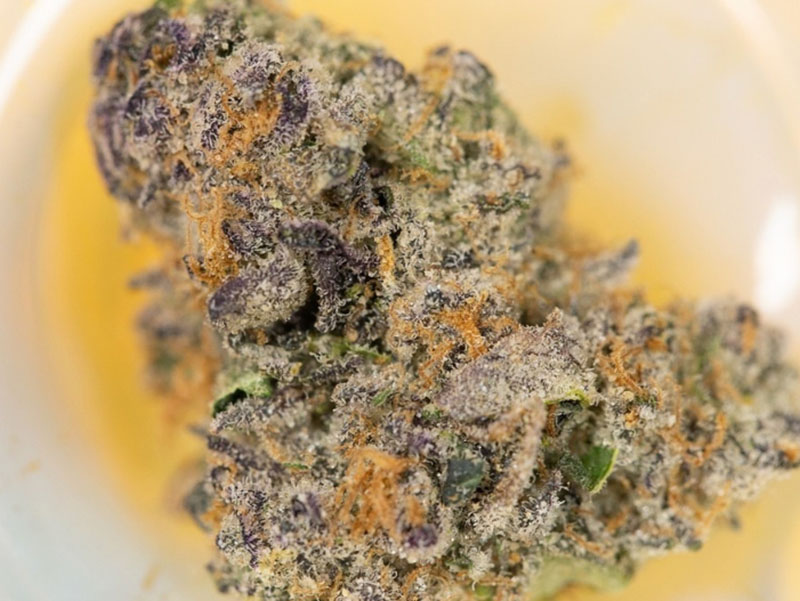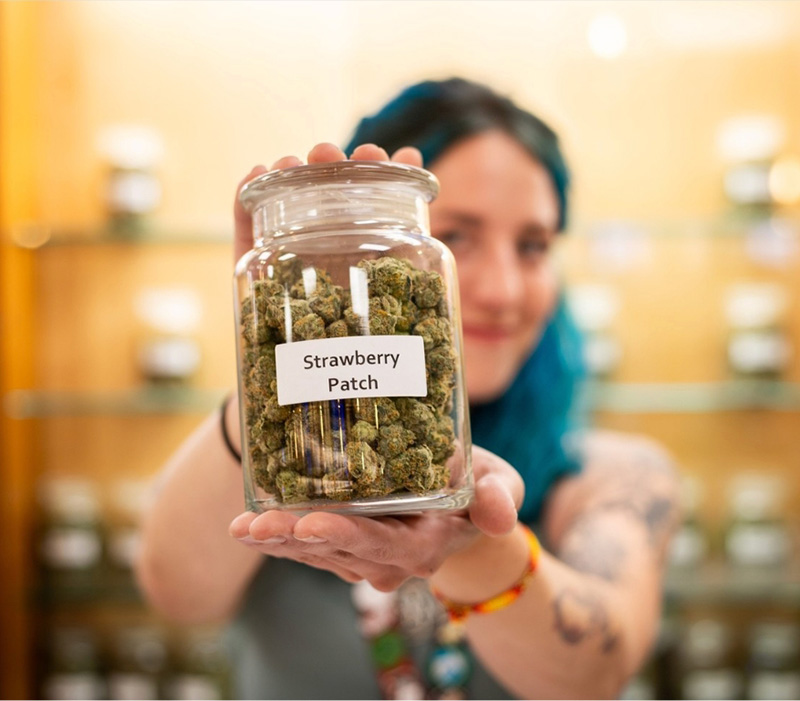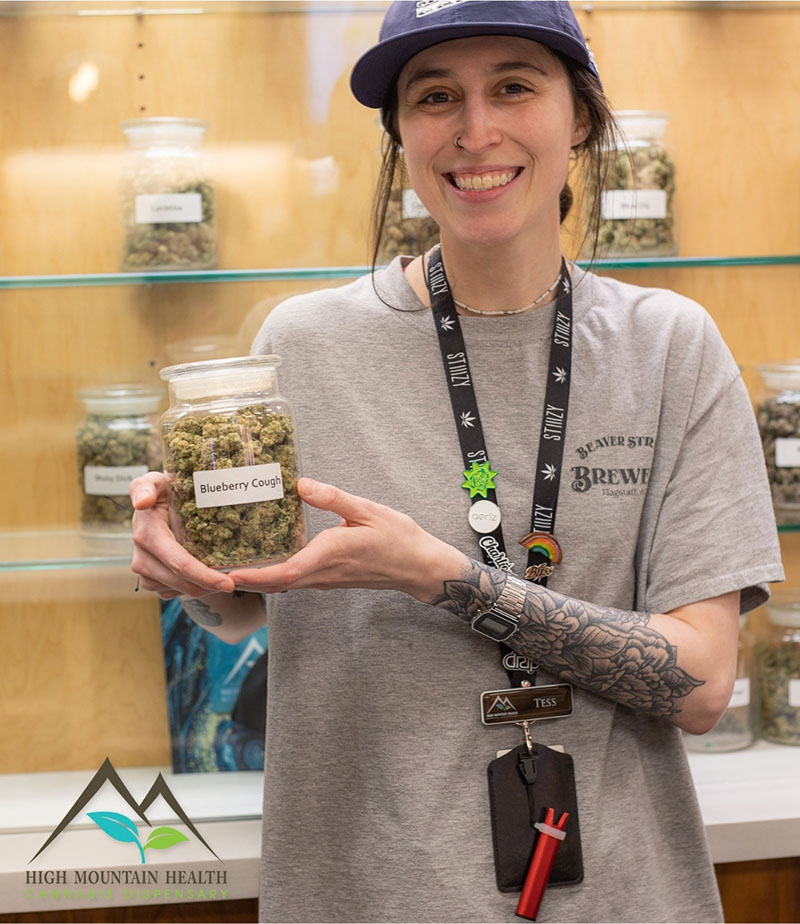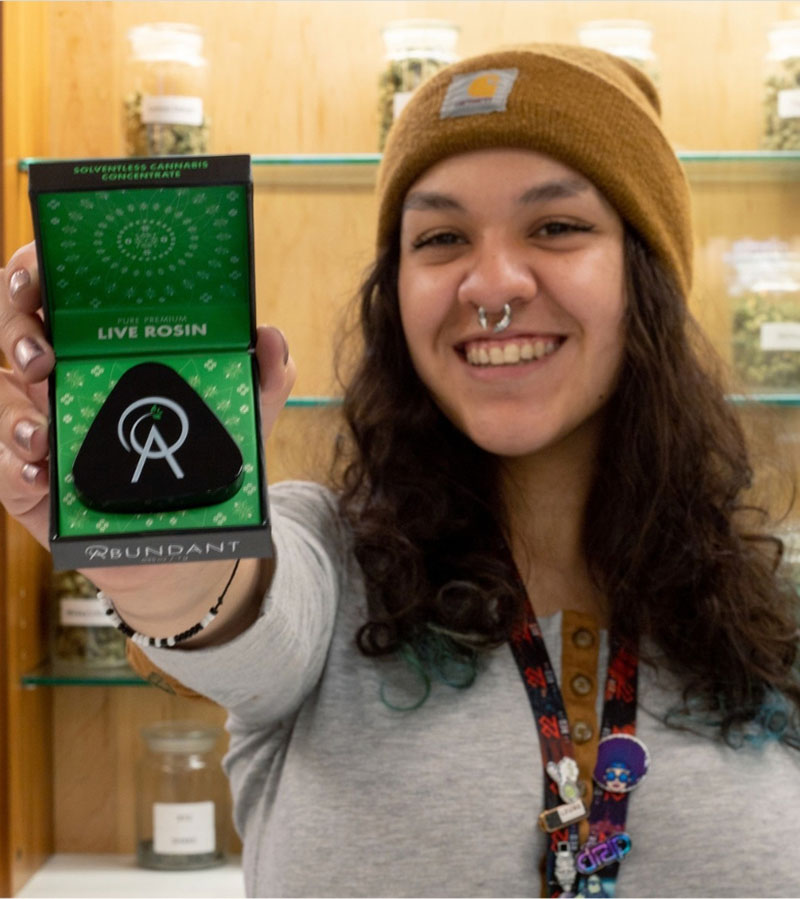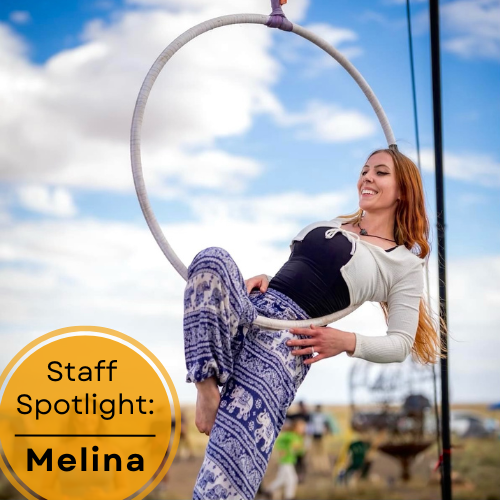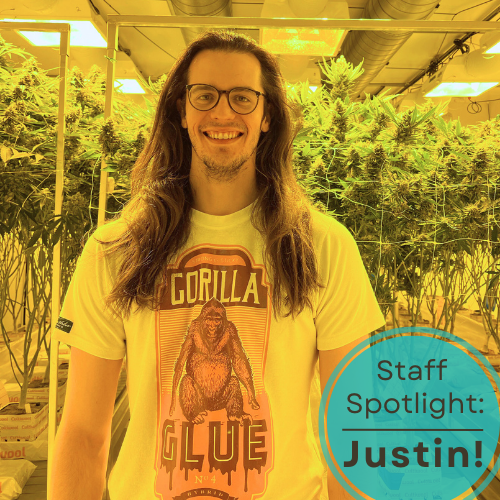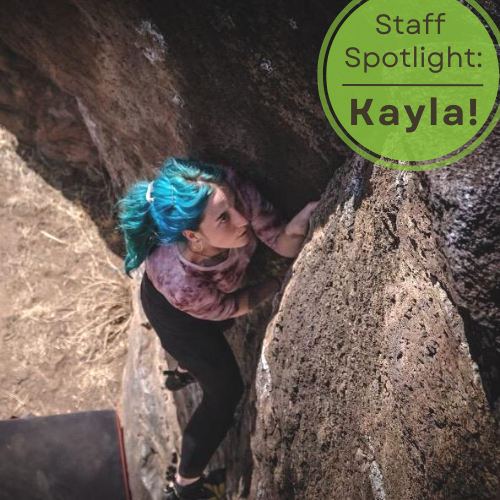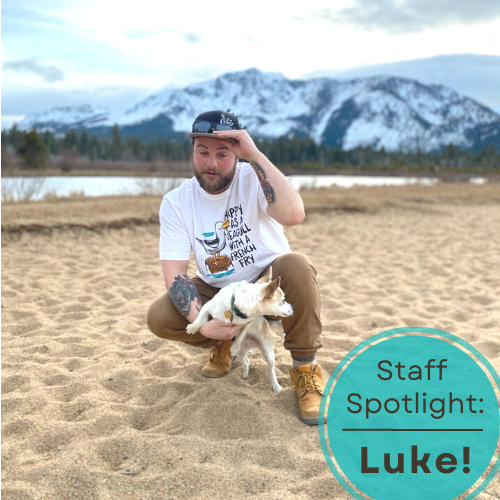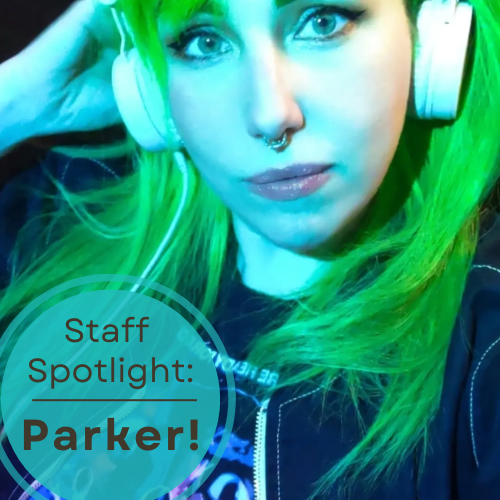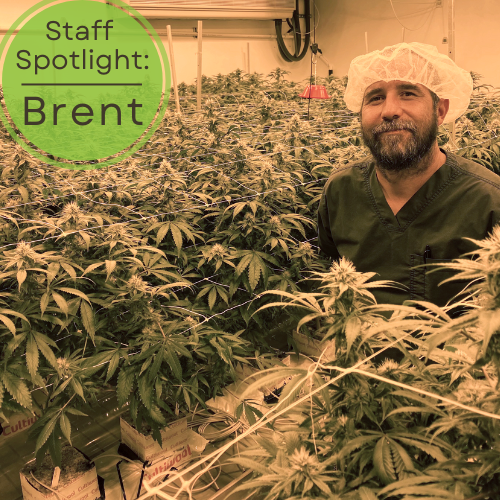
At High Mountain Health, we love CBD. As this cannabinoid has entered the spotlight -- thanks to documentaries like Sanjay Gupta's Weed -- there is an increasing importance to have accurate information on hand, both for yourself and loved ones. Cannabis, including CBD, is an incredible medicine, but it is important to be armed with reliable knowledge. Understanding the medicine can be empowering, let you take control of your health and provide peace of mind.
Below, we have explored the 10 most commonly asked questions. Did we miss something that you have been wanting to know? Send us an email with the "Contact Us" form above.
- What is a cannabinoid?
Understanding CBD, which is an abbreviation for Cannabidiol, takes a basic understanding of cannabinoids. These naturally occurring chemical compounds are found in the cannabis plant. You might have heard of THC, an abbreviation for tetrahydrocannabinol -- this is another common cannabinoid that has also received a lot of attention. These cannabinoids often work independently or together to bind with receptors in our brains. THC is known for the psychoactive feeling often associated with cannabis, while CBD is known for its calming, antipsychotic effects. There are 113 known cannabinoids found in the cannabis plant, providing an array of symptom relief and benefits. Our bodies actually produce their own organic cannabinoids, known as endocannabinoids. These chemicals all work together to regulate different aspects of our brains. This leads us to our next question....
- Is CBD psychoactive?
CBD is not psychoactive, meaning it will not elicit the sensation of being "high" (for lack of a better word), but still has an effect on our brains' regulation. Instead, CBD has incredibly calming, antipsychotic effects. The cannabinoid's increase in popularity can in part be attributed to the increasing amount of THC in cannabis - it can actually counteract too much THC, which may result in paranoia or anxiety. - Can I purchase CBD without a medical card in Arizona?
You can purchase CBD only products without a medical card in Arizona. CBD is underappreciated because of a common misconception is you have to have a card in order to enjoy the benefits. This is possible because any CBD products shipped across state lines (say, from Colorado), must be hemp-derived. While your CBD product may not be derived from cannabis, it will be derived from hemp (a close relative of the cannabis plant.) It still contains all the incredible benefits of CBD sans the still-federally regulated THC. - What can CBD be used for?
CBD has a vast range of symptom benefits. Among these include anticonvulsant effects, to help prevent and reduce the severity of seizures. This can also help with the tremors of Parkinsons' Disease and other similar conditions. Furthermore, CBD is antiemetic, meaning it will help stave off nausea. This is particularly helpful for patients undergoing cancer treatment. Other benefits of CBD include anti-inflammatory and antioxidant properties. - What are some cannabis strains with high CBD content?
We are so glad you asked! ACDC, grown by High Mountain Health, is among one of the highest-testing CBD strains in the state and often tests in at over 20 percent CBD with little to no THC. Other high CBD strains include Harlequin (Sativa), Critical Mass (Indica) and Cannatonic (Hybrid). It can be helpful to mix high CBD strains with high THC strains to receive the benefits of the combined cannabinoids, which work together to create a powerful medicine. We definitely recommend asking your cannabis consultant about strains with high cannabinoid profiles besides THC. You'll be surprised what you learn. - Do I have to smoke strains with CBD to experience these benefits?
CBD products are diverse, which can be a relief for people who do not want to smoke their medicine. You do not always have to smoke high CBD flower in order to experience the benefits of CBD. There are also capsules, transdermal patches, topicals, tinctures and more. It can be important to consider how these different methods of ingestion will affect your body differently. For instance, sublingual tinctures, ones that are dropped under the tongue, will enter the bloodstream almost immediately. Capsules and other edibles will take much longer for the effects to take hold. - Will CBD show up on a drug test?
Folks regularly using hemp-derived CBD products: you are in luck. A routine urine drug test consists of aspects that are able to detect 11-nor-delta9-caboxy-THC (THC-COOH), or metabolized THC. THC is the primary cannabinoid that is regulated. THC-COOH is known to have very little cross-reactivity with other cannabinoids such as CBD or CBN. - Can I treat my pain with CBD?
CBD is anti-inflammatory, which can help with the pain from arthritis, Crohns' Disease and other inflammatory conditions. It can also help with spaciticity and cramping, which can also cause chronic pain. CBD can help with day-to-day management, however, most people agree a combination of cannabinoids is most helpful when tackling serious chronic pain. This is because cannabinoids work in synergy with each other - which brings us to our next FAQ. - Why is "whole plant" medicine important?
You might have heard the term "whole plant" medicine during your foray into medical cannabis research. Medicine that combines cannabinoids and other trace compounds, such as terpenes -- not separating out individual cannabinoids like THC or CBD -- actually results in a phenomenon called the "entourage effect." The "entourage effect" was first named in 1998 to explore the interactions between these different aspects of the cannabis plant. While it is important to not discount the value of these individual cannabinoids and terpenes, when combined the effects are much stronger. Essentially, the sum of the parts of the plant is more powerful than the individual parts by themselves. Researcher Ethan Russo's piece Taming THC can be particularly helpful in understanding this complex system. - Where can I learn more about CBD?
Here are a few more resources to continue your research.
Project CBD
Center for Medical Cannabis Research
Leafly
-- Words by Taylor Haynes

